850+
Organizations use Psylaris products
5500+
Therapists use our software worldwide
75.000+
Completed sessions with our applications
There are many people who do not like to step into an elevator. An elevator is usually a rather cramped space, with little room to move around. Every now and then you hear about people getting stuck in the elevator. This will certainly not encourage people to enter an elevator anyway. Now, many people who are afraid of elevators will get over this and hold out in the elevator for a while. This is not true for everyone. If you are really terrified that you will get panic attacks, then you have an elevator phobia.
There are various types of phobias, such as a phobia of spiders, a phobia of open spaces and also a phobia of elevators. These not considered normal fears, but fears which can cause you to panic. Often the fear is so great that it is not even a fear of elevators as such, but for the fear itself. With extreme fear of elevators you also avoid the situations. You never want to step into an elevator. No matter how many floors up you have to go, the fear will make you walk up and down the stairs. If you have a fear of elevators, chances are you are also claustrophobic and afraid of all sorts of small and enclosed spaces. If you find that your elevator phobia is affecting your daily life too much, it's advised to seek help.

The symptoms are similar to those you get with claustrophobia. You start to sweat, shake, tremble and gasp for breath. You also feel as if you can't breathe and that you are literally locked in, but you can't get out. Other symptoms include nausea or even vomiting, headaches, dizziness and heart palpitations. In an acute panic attack, you may suffer from hyperventilation, which makes it seem as if you can no longer breathe. To be diagnosed with elevator phobia, you must experience the symptoms for at least six months.
It may go without saying that an unpleasant experience with an elevator can lead to elevator phobia. If you have been trapped in an elevator for a long time, for example, you will be anxious later on. That is why it is often said that you must always get back into an elevator afterwards, otherwise you will develop a phobia and do everything in your power to avoid elevators. But other traumatic experiences can also be a trigger to develop such a phobia. Elevator phobia can also be hereditary. If there are certain phobias or fears in your family, then there is a chance that you will inherit this.
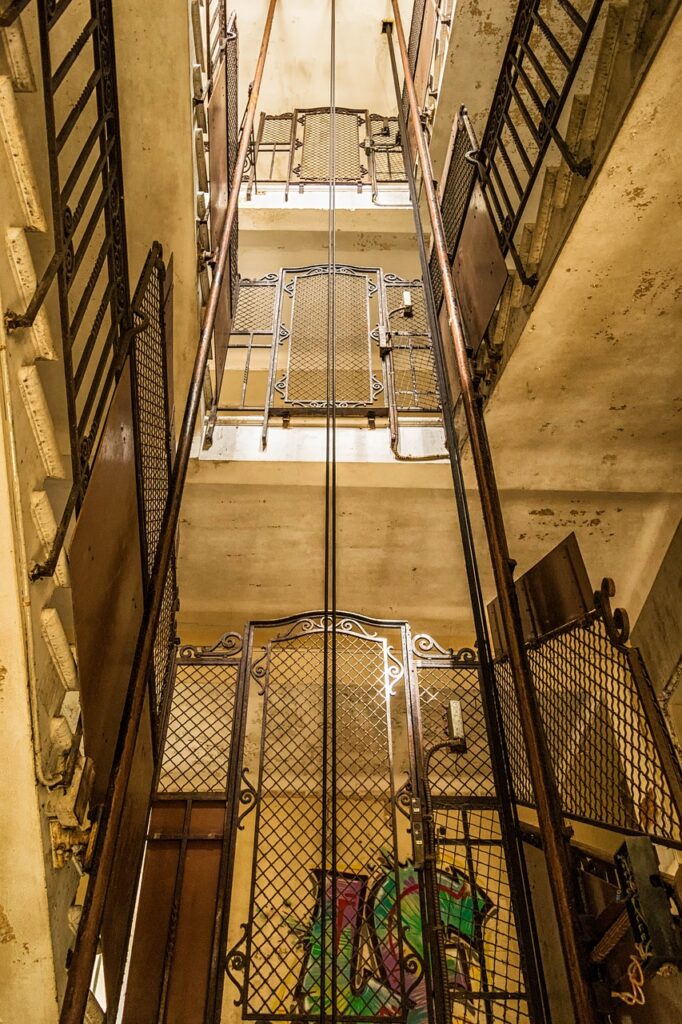
There are treatments to overcome elevator phobia. They are the same types of treatment as for claustrophobia. It also depends on the cause which treatment is suitable.
Since a phobia of elevators is often caused by a bad experience with elevators or another trauma, EMDR is often a successful treatment. With EMDR the focus is not so much on the phobia, but on the trauma suffered. By means of distraction, while thinking about the trauma, you will succeed in giving the trauma a better place. It is precisely distraction that is the strength of this treatment. In this way, the working memory is overloaded and you will be able to recall the trauma more easily and without intense emotions. How these things work in the brain is still being researched scientifically, but it is proven that it works to process traumas. If the trauma is less impactful in your daily life, your phobia will also disappear.
Exposure therapy is treatment by facing your fears. In this therapy, you are literally exposed to elevators. Of course, this is done under the supervision of your therapist and nowadays this can also be done with the help of virtual reality. The philosophy behind this is that if you are confronted with your fears often enough, you will automatically get used to them and see that the fear is unfounded.
Behavioural therapy focuses on changing thoughts and therefore behaviour. The therapist identifies the thought pattern and asks essential questions. Are you really trapped and can't get out? You are shown, as it were, that a lift is less dangerous and scary than you think during panic attacks.
As a developer of products for the mental healthcare, Psylaris is ahead in the field of products for fears and phobias. If an elevator phobia is treated with EMDR, then this can also be done from home via a PC or laptop with the online platform of Psylaris. EMDR-Remote is the online platform, which offers the practitioner many possibilities to give EMDR therapy remotely. It is easy to log in through the browser and all data is securely stored.
With the VR goggles and the modules developed by Psylaris, it is very easy to apply exposure therapy. With the VR goggles on, the client is closed off from daily reality and literally lands in the fearful situation. This is the purpose of exposure therapy and, of course, under the supervision of the practitioner. For all kinds of phobias and fears, a separate module can be played through the VR glasses.
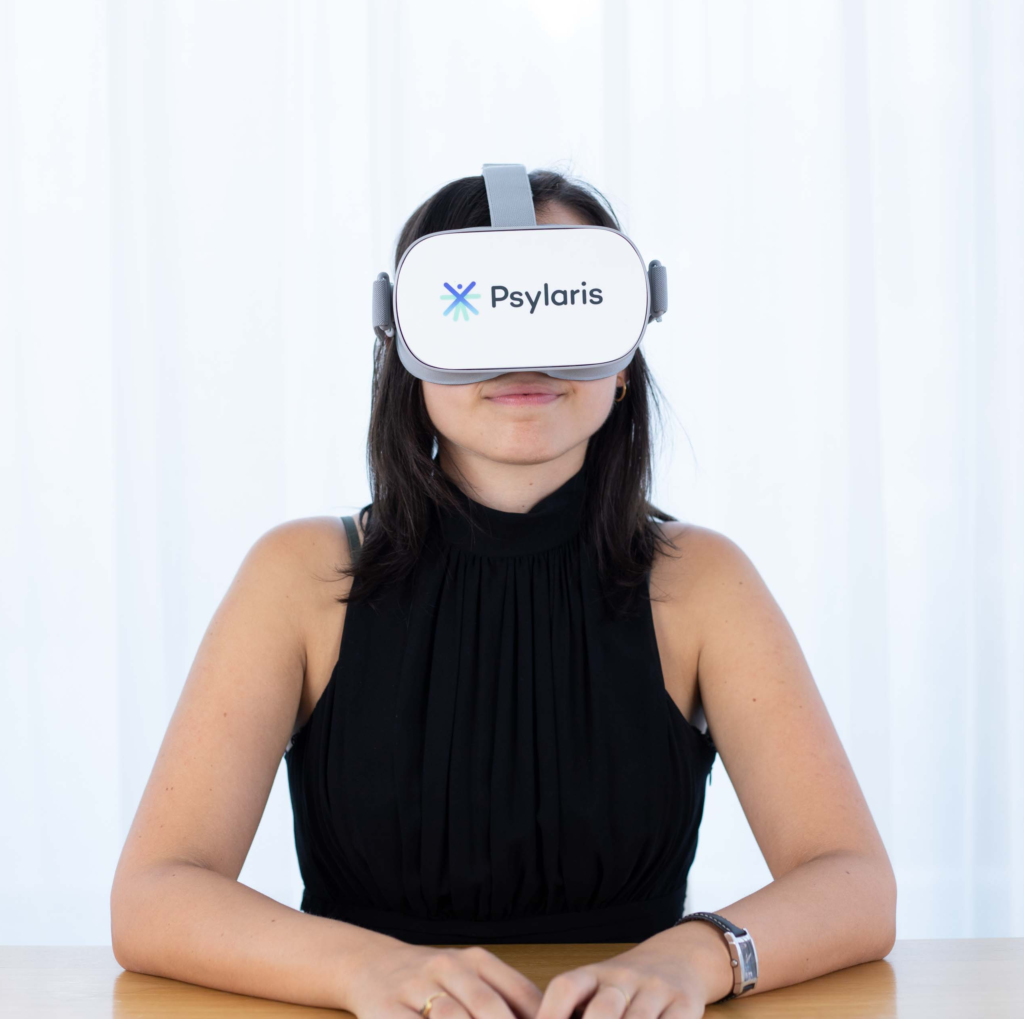
The goal of Psylaris is to support therapists even better with innovative techniques and tools. Virtual reality plays a leading role in this. With EMDR-VR and EMDR-plus an EMDR treatment is possible using virtual reality. The practitioner can use distraction tasks even better and the client can also be treated remotely. Virtual reality is ideally suited for exposure therapy. The client is confronted with his/her fears. It is no longer necessary to visit a physical location, such as an elevator in case of elevator fear or a shopping mall in case of agoraphobia. With the VR glasses on, the client is confronted with the fear in the safe environment of the treatment room or his/her home. Psylaris has developed modules for various types of fears that require exposure therapy. This saves costs and time, and the client can be treated more frequently, which results in a faster recovery.
We believe with the combination of intelligent software and qualified therapists we can develop a system in which everyone, anytime and anywhere has direct access to efficient and affordable psychological care.

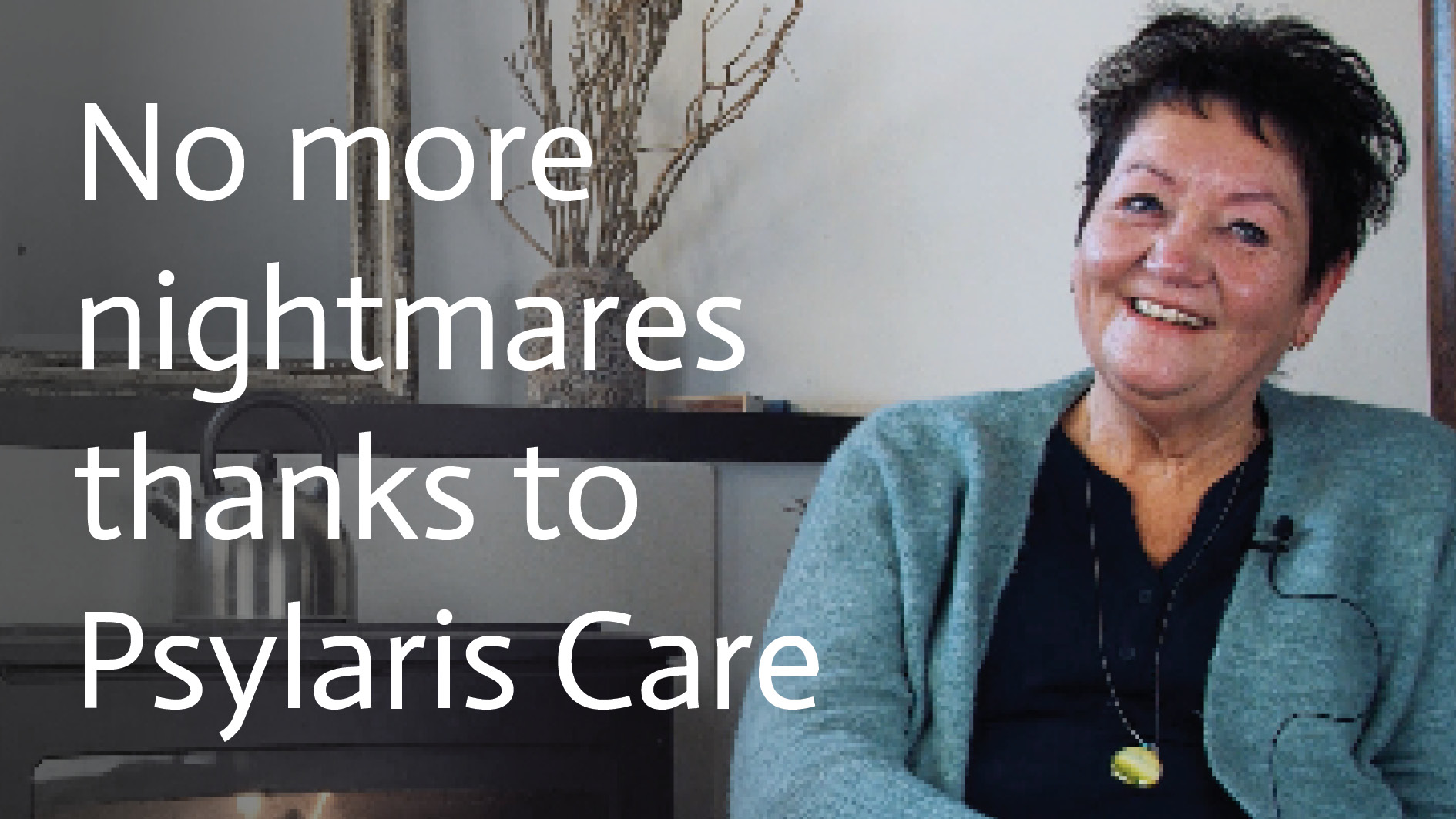
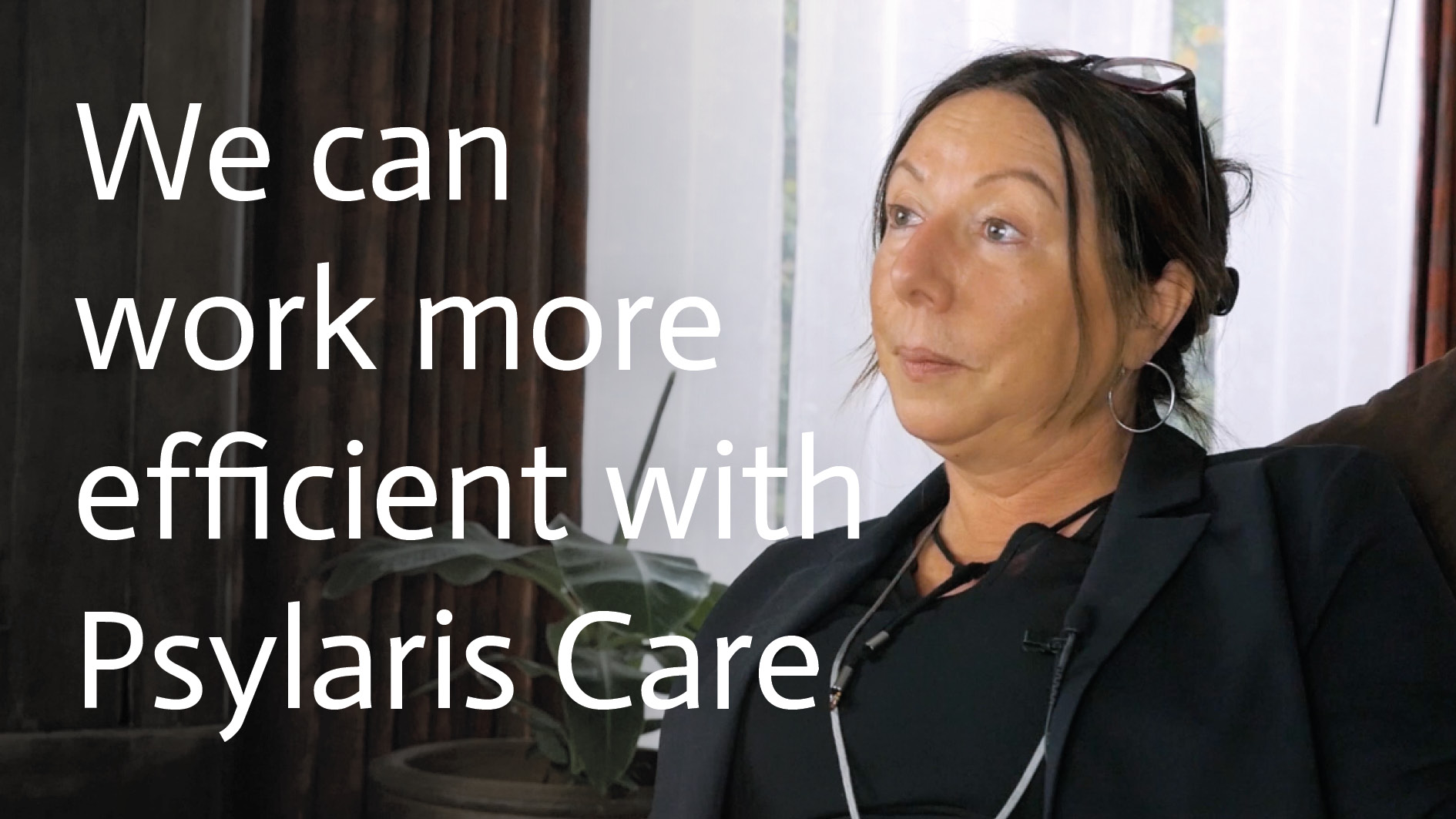
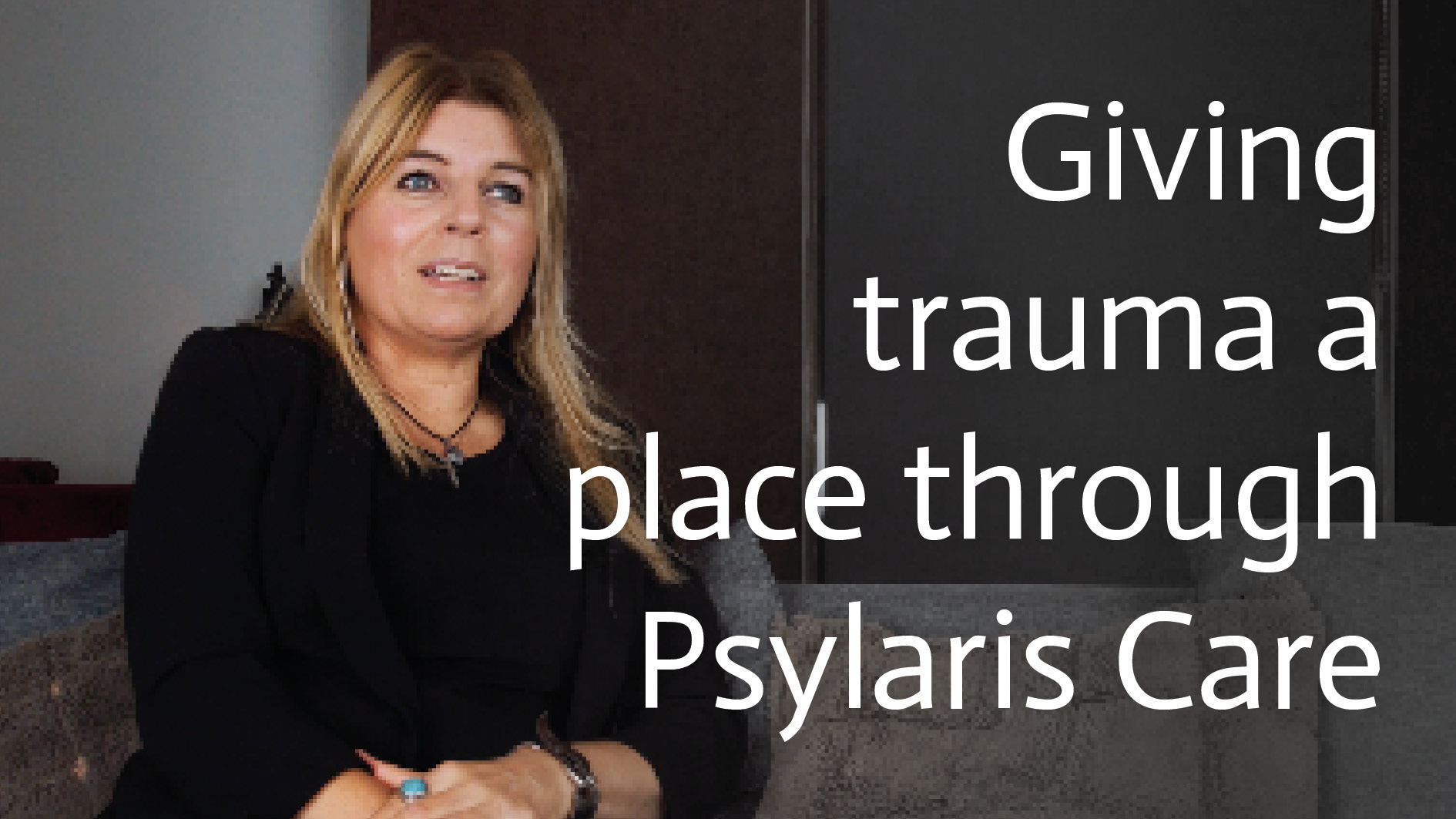
This website uses cookies to ensure that you get the best experience on our website.